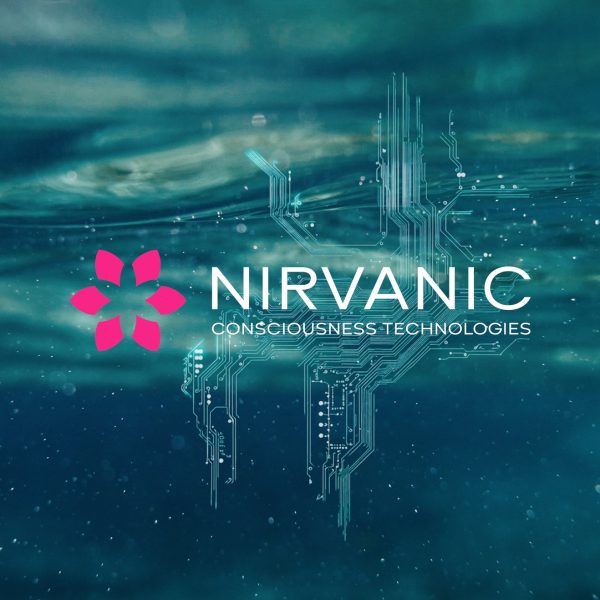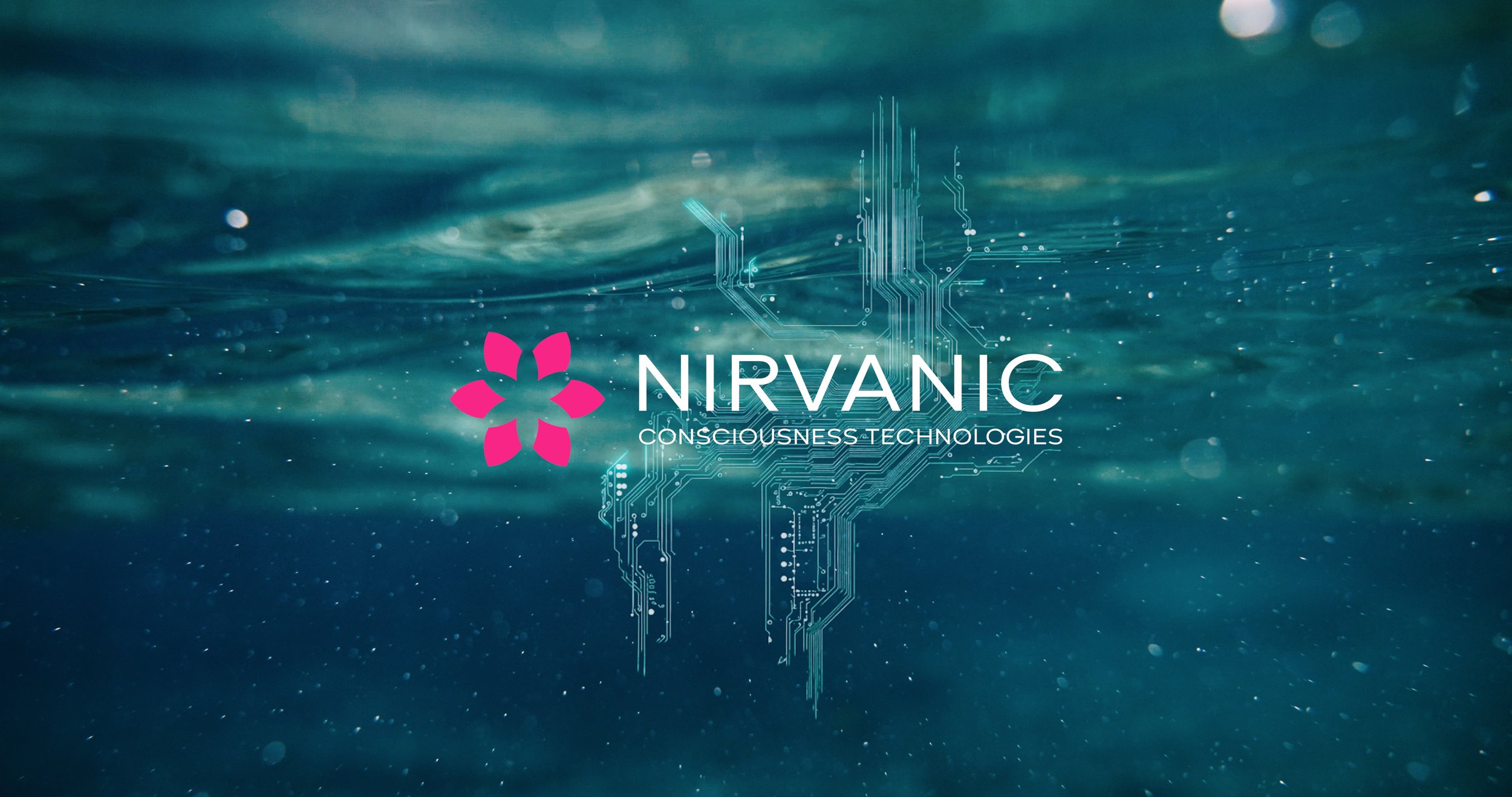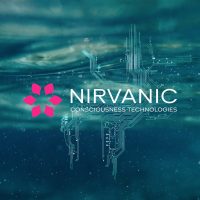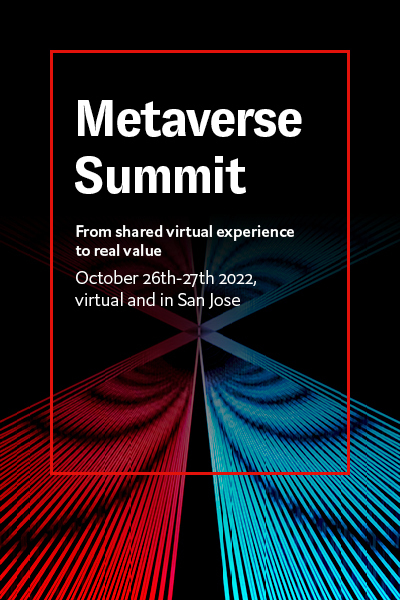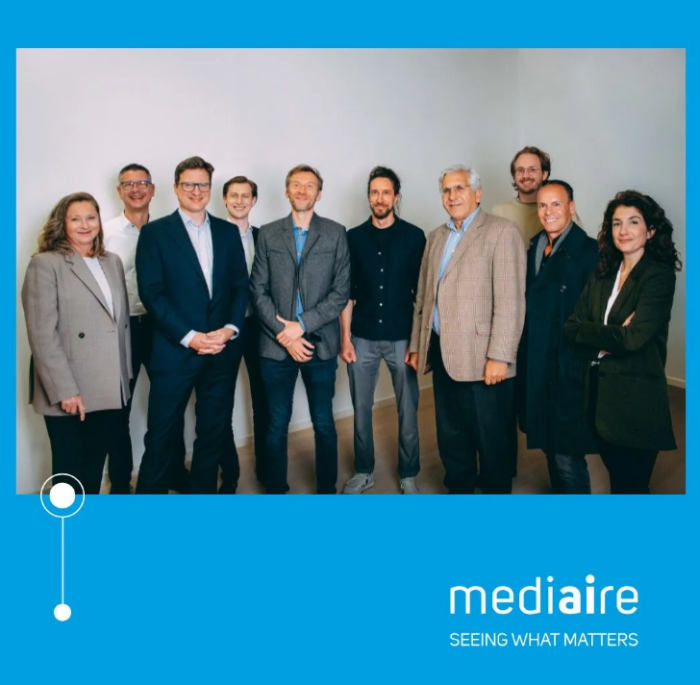- Last modified: November 15, 2024
Insider Brief
- Nirvanic Consciousness Technologies, a Vancouver-based quantum-AI startup, has emerged from stealth.
- The company is leveraging quantum computing principles to address safety concerns in current AI systems, aiming to create adaptable, human-compatible technologies for applications like autonomous vehicles and robotics.
- CEO Suzanne Gildert, who previously co-founded Kindred AI and Sanctuary AI, brings extensive expertise in quantum computing, including developing quantum machine learning algorithms and pioneering robotic control via quantum computers.
Nirvanic Consciousness Technologies Inc., a Vancouver-based startup, has emerged from stealth inspired by a vision to create artificial intelligence systems imbued with consciousness-like qualities such as intuition, empathy and nuanced judgment. The company claims its approach, which leverages quantum computing principles, could address critical safety concerns in current AI systems that lack awareness or adaptive capabilities, according to a post on its Substack.
“All AI systems today are unconscious,” writes CEO Suzanne Gildert. “They may be super intelligent, but they only act based on what they have seen before. They have no inner experience, no awareness of the consequences of their actions. Conscious AI, by contrast, would enable these systems to see many options at once, feel which ones are right and wrong, and know what to do.”
Consciousness as a Computational Challenge
Nirvanic is investigating whether consciousness might have a quantum basis, inspired by speculative models like the Penrose-Hameroff ORCH-OR theory. This theory suggests that quantum processes in the brain enable living organisms to process vast amounts of information and make optimal decisions in unpredictable scenarios. Nirvanic seeks to replicate similar capabilities in AI, aiming for systems that can shift between routine operations and heightened awareness when facing novel situations.
For example, a self-driving car might operate on “autopilot” during normal conditions but become acutely aware when responding to a sudden obstacle, mimicking how humans transition from habitual to conscious thought.
Quantum Computing at the Core
At the heart of Nirvanic’s strategy is quantum computing, which relies on principles like superposition and entanglement to perform calculations beyond the capabilities of classical systems. Nirvanic hopes to harness these properties to develop AI systems capable of evaluating multiple possibilities simultaneously and quickly identifying optimal choices.
The company envisions quantum-enhanced AI systems that adapt in real-time, making them safer and more effective in human-centric environments such as autonomous vehicles, healthcare robotics, and industrial systems. According to Nirvanic, this approach could help bridge the gap between AI’s mechanical precision and the unpredictable nature of human contexts.
Addressing AI’s Safety Concerns
The startup’s mission aligns with growing calls for safer AI. Current systems, while powerful, often lack the ability to anticipate or adapt to unfamiliar scenarios, raising safety concerns in high-stakes applications. Nirvanic argues that the real danger lies in “unconscious AI” systems that blindly follow pre-trained models without considering the broader implications of their actions.
“We envision an AI that doesn’t just operate alongside people but actively supports them,” writes Gildert. By developing AI systems with traits akin to consciousness, the company aims to ensure technology aligns more closely with human values and ethical standards.
A Track Record in AI and Quantum Innovation
Gildert, brings significant expertise in quantum computing, robotics, and AI. She co-founded Sanctuary AI in 2018 to develop human-like intelligence for robots and Kindred AI in 2014, which was the first robotics company to deploy reinforcement learning in production. Kindred’s acquisition by Ocado for $339 million CAD in 2020 marked one of Canada’s largest robotics exits. At D-Wave, Gildert worked on quantum machine learning algorithms and demonstrated the use of a quantum computer to control a robot’s motion.
While the idea of artificial consciousness is speculative and not without critics, Nirvanic’s emergence signals a growing trend among AI developers to explore bold solutions to ethical and safety challenges. Quantum theories of consciousness remain controversial, with limited empirical evidence, but they offer a potential framework for integrating advanced AI with human-like adaptability.
The company plans to share updates through its website and social media as it works toward its goal of human-compatible AI.
